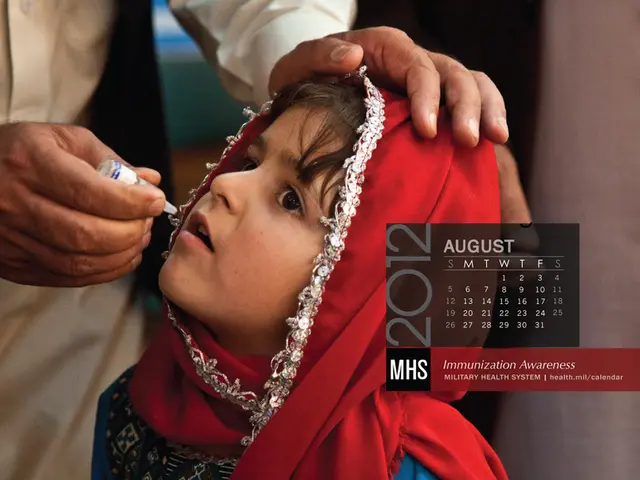Ex-Detainees Expose Harsh Living Conditions in Saudi "Female Dormitories"
Saudi Arabia's Dar al-Reaya Facilities Revealed as Ottached Prisons for Women
Saudi Arabia's state-run so-called "women's care homes," known as Dar al-Reaya, have been exposed as harsh, prison-like environments by former inmates and human rights groups. These institutions are ostensibly designed to rehabilitate women who have been rejected by their families due to disobedience, extramarital relationships, or leaving home.
In interviews with the British Guardian,former reside tes shared harrowing accounts of abuse, including weekly flogging for minor transgressions such as not praying or sharing family names. Women in these facilities are subjected to dehumanizing treatment, often referred to by their numbers rather than names. Harsh punishments, including strip searches, virginity tests upon arrival, and the administration of sedatives, are common practices. The oppressive conditions have driven some inmates to self-harm and even suicide.
Sarah Al-Yahia, a Saudi women's rights activist, described the facilities as prisons rather than care centers. Al-Yahia recalled her father threatening to send her to these institutions to control her after alleged sexual abuse, revealing how they serve as tools for enforcing strict gender and social norms. Human rights organizations, like ALQST, view these centers as instruments of state control and demand their abolition in favor of genuine protective shelters for women.
Despite these allegations, Saudi officials maintain that women are free to leave the facilities at any time without the consent of their male guardians. However, testimonies from former inmates and activists strongly contradict these official narratives, painting a picture of systemic abuse and human rights violations within the Dar al-Reaya facilities.
Critics argue that these institutions, established in the 1960s, function as closed systems that exploit and control women under 30, who can be committed by male guardians or family members. Women in these facilities are deprived of basic human rights, living in isolation from the outside world and unable to access help without the permission of male family members or guardians.
The exact number of women imprisoned or the total number of inmates remains unknown. Activists, who often risk their own safety to speak out against these facilities, reiterate the urgency of changed practices to protect vulnerable women in Saudi Arabia.
- The science of human rights policy should be employed to scrutinize the community policy implemented in Saudi Arabia's Dar al-Reaya Facilities, which have been exposed as prison-like environments for women, to ensure the protection of basic health-and-wellness and women's health rights for these detainees.
- Recently, the general-news has been flooded with reports of systemic abuse and human rights violations within the Dar al-Reaya Facilities, bringing the issue to the forefront of political discussions in not only Saudi Arabia, but also the international community.
- It is crucial for sincere changes to be implemented in the employment policies of these facilities, moving away from dehumanizing treatment of inmates, torestore the dignity and respect of the women who have suffered at the hands of these institutions.








